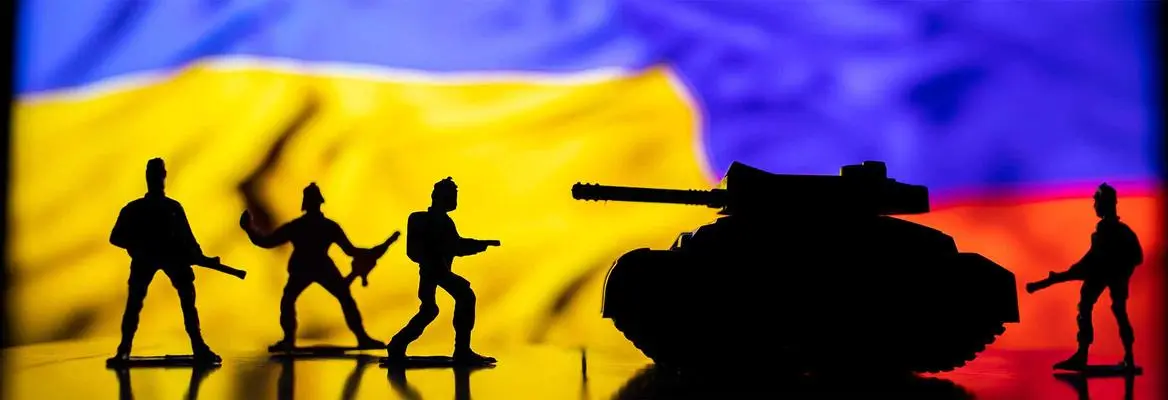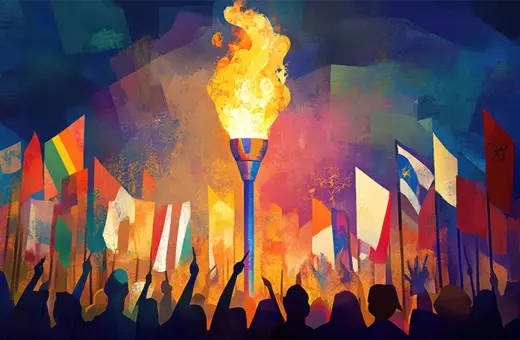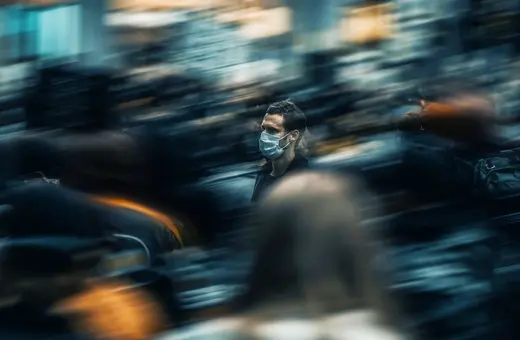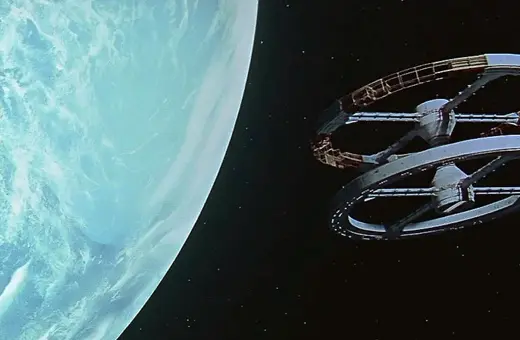One year on, the war in Ukraine continues to dominate the headlines. As Putin continues to admonish NATO’s thirst for expansion, and Western leaders maintain their support for their Ukrainian counterparts perhaps the most important question is what are going to be the long-term ramifications for the balance of world power. In this article, a number of world-leading experts, including Nigel Inkster, Owen Matthews, Svitlana Morenets, Stathis N. Kalyvas, Alexander Korolev, Chris Ogden, and Lasha Tchantouridzé discuss the state of Russia and the new geolpolitical order, one year since the invasion of Ukraine.
Owen Matthews
In the first weeks of Putin’s invasion of Ukraine, Kyiv’s soldiers surprised the world by fighting the Russian army’s ill-planned and badly executed offensive to a standstill. NATO’s military assistance to Kyiv had essentially assumed that Ukraine’s army would be beaten in a full-frontal attack and focused instead on equipping them for a guerrilla war that would slow, not stop, the Russian steamroller. A year later, the cohesion of NATO and the scale of its assistance to Ukraine - now including main battle tanks and possibly deliveries of fighter jets - is at a level nobody could have predicted in those first chaotic weeks of the war.
But though Russia’s military has been shown to be disorganized, demoralized and poorly-equipped, its sheer strength remains enormous. More, there was no sign in Vladimir Putin’s belligerent speech on the eve of the war’s anniversary that he intends to back down. On the contrary, Putin knows that defeat in the field would be fatal for his regime and for himself, and therefore has doubled down on the conflict, describing it as an existential battle for Russia’s survival against a belligerent West. Those two factors - the continued intransigence of the Kremlin and the weight of numbers and heavy metal still available to the Russians - will be crucial for the coming titanic struggles of the Spring and Summer.
Volodimir Zelensky, too, has doubled down, abandoning his earlier willingness to negotiate over the status of Crimea and the rebel republics of the Donbas and insisting since September that only a full reconquest of all lost Ukrainian territory would be acceptable. Ukraine’s war effort is entirely based on the level of Western materiel it receives. Russia’s is limited only by political considerations such as avoiding the flickers of popular protest that arose after Putin’s announcement of a partial mobilisation on September 21st.
The Russian economy, though damaged, has not been crippled by sanctions. The propaganda machine and police state created by Putin have succeeded in keeping the Russian people’s support for the war at surprisingly high levels. So the question going forward is who is more likely to win a war of attrition. Putin appears to be banking on Western publics tiring of supporting Ukraine - and assumed that his forces will be able to at least hold if not gain ground in Donbas. Already cracks are appearing on the fringes of the Western alliance, with majorities of voters in Hungary, Austria, Croatia and Italy opposing sending help to Ukraine. No peace deal is possible while both sides are still struggling for advantage.





















Join the conversation